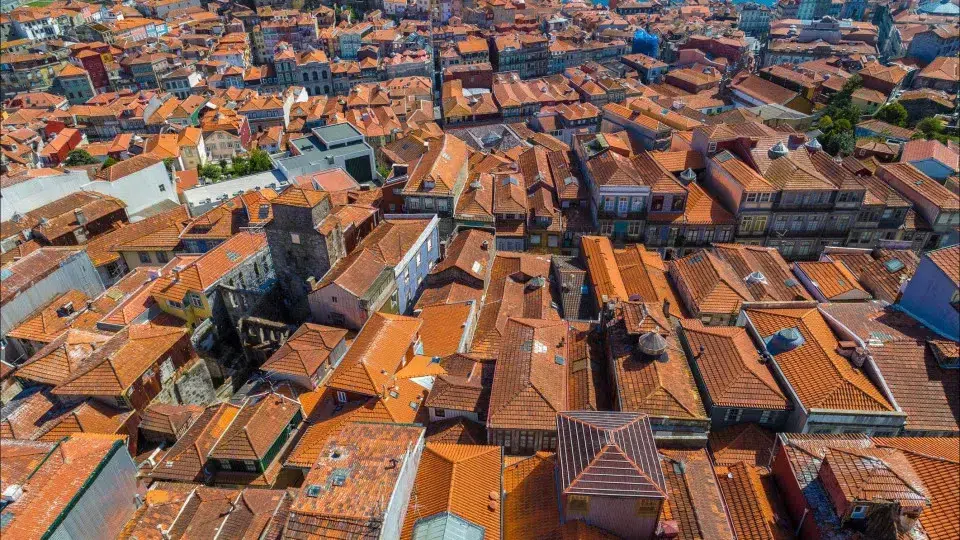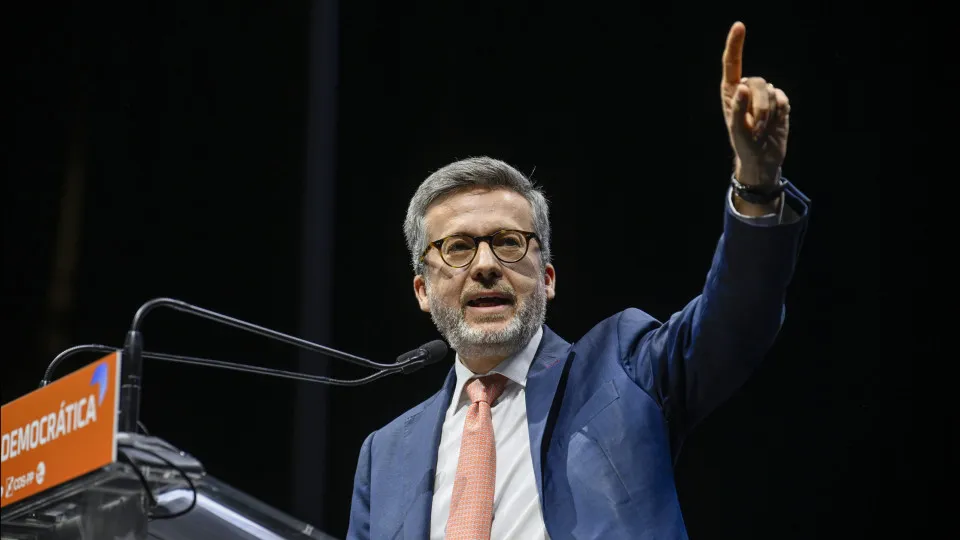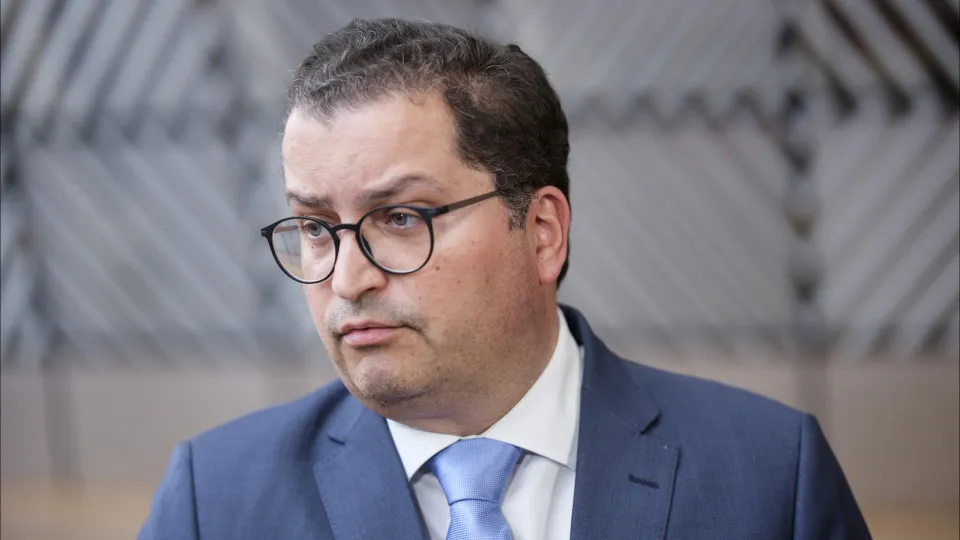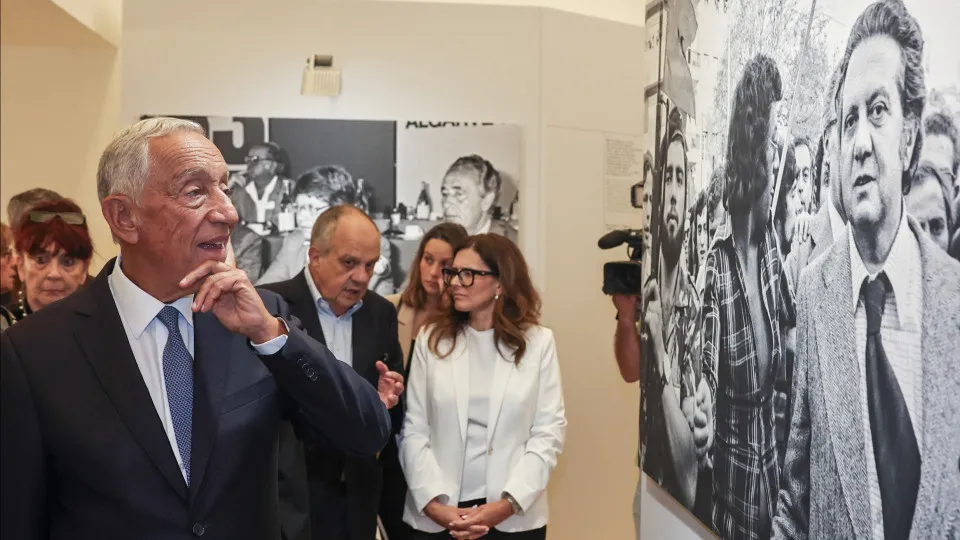
The cultural programmer emphasized the need for a public housing policy, advocating for an ambitious goal of 30% of housing stock to be kept out of the speculative market, through public partnerships or cooperatives that ensure affordable housing for people with medium or low incomes within the city.
Creating a program to combat energy poverty is among other measures proposed by Livre regarding housing, a topic Hélder Sousa referred to as “a strong chapter of the program” as it intersects with all other facets of the city.
“Housing involves much more than just homes; it encompasses a range of citizen services that enable quality of life and, above all, freedom to fully enjoy the city. These services relate to land management, mobility, and a city paradigm centered on people and their ability to move around the city,” he stated.
Consequently, the party advocates for the establishment of 100 kilometers of dedicated cycling paths connecting the city center to various suburbs and extending to other municipalities, alongside 200 kilometers of dedicated bus lanes.
Keen to clarify that they are not “against cars,” Hélder Sousa asserted the necessity of reducing people’s reliance on individual transportation, advocating for investment in a “more effective” public transport network.
“We believe in and support investment in effective intermunicipal public transport policies, including the expansion of the metro network and improved intermodality between bus networks, Unir, and STCP, creating a more comprehensive system of railways, metro, and buses throughout the metropolitan area,” he stated.
Reducing the need for car use, according to the Livre lead candidate, would free up “space for such cycling paths, dedicated bus lanes, and make the city lighter.”
Hélder Sousa also highlighted the need to “counterbalance” the “voracity of construction” seen in recent years, noting that “the city is small, faces water issues due to heavy rainfall, numerous canalized streams, and excessive soil impermeabilization.”
Regarding green spaces, the candidate emphasized the most ambitious proposal of creating “citizen farms,” expanding the possibility of community gardens in more parks.
The issues of homelessness and the “deinstitutionalization” of culture were also addressed by the party, whose program was presented by Inês Moreira, noting that it “does not follow the large banners found in public spaces” and that the party “gave wings to imagination” in devising solutions to problems.
Paulo Cunha, candidate to the União das freguesias de Aldoar, Foz do Douro e Nevogilde, explained that the program stems from “two years of consistently calling in experts, promoting round tables, engaging with associations, and creating critical mass.”
The current executive consists of a majority of six members from Rui Moreira’s movement and an independent councilwoman, with the remaining seats held by two PS members, two PSD members, one from CDU, and one from BE.
Running for the Porto City Council are Manuel Pizarro (PS), Diana Ferreira (CDU – PCP/PEV coalition), Nuno Cardoso (Porto Primeiro – NC/PPM coalition), Pedro Duarte (PSD/CDS-PP/IL coalition), Sérgio Aires (BE), current vice-president Filipe Araújo (Fazer à Porto – independent), Guilherme Alexandre Jorge (Volt), Hélder Sousa (Livre), Miguel Corte-Real (Chega), Frederico Duarte Carvalho (ADN), Maria Amélia Costa (PTP), and Luís Tinoco Azevedo (PLS).
The municipal elections are slated for October 12.




